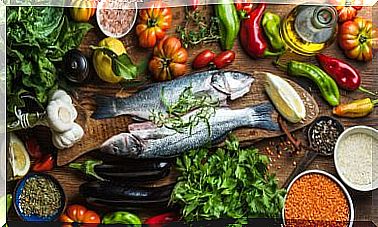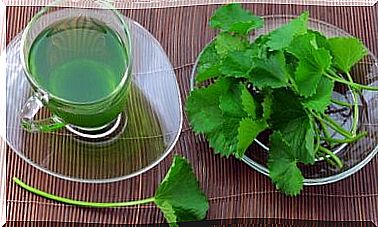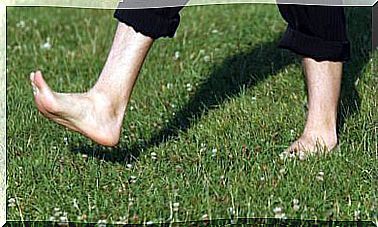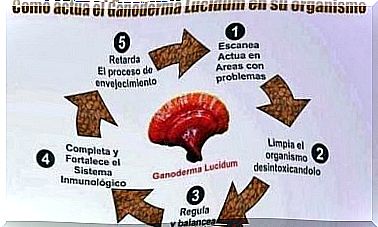Vegans And Vegetarians, Two Different Worlds
We have all heard the phrases “I am a vegetarian” or “I am vegan”, but few of us know the real meaning of these terms. In this article we explain it to you. Do not stop reading.
What is vegetarianism?
The basis of vegeterianism is the consumption of fruits, vegetables, legumes and seeds. People who practice it do not eat meat, fish or sausages. However, there are several types of vegetarian diets:
- Lacto-ovo vegetarian: Includes dairy products and eggs.
- Lacto vegetarian: Includes only plants and dairy products.
- Vegan or strict vegetarian: Vegans do not consume or use products of natural origin such as milk, butter, honey, gelatin, silk and lanolin. In most cases they are based on ethical principles against animal cruelty and respect for other living beings.
Also check out: Nutrition and Healing Through Nuts
Many people think that by not eating meat, fish or poultry, Vegerians may have vitamin or mineral deficiencies. Below we will clarify some very common doubts regarding the subject.
Popular myths about vegetarian eating
Vegetarians and vegans have nutritional problems
This widespread belief is totally false. Although they need to eat a wide variety of products to incorporate essential nutrients, according to the Academy of Nutrition and Dietetics of the United States, vegetarian diets, including vegan ones, are healthy.
Of course, as various studies influence, the combination of vegetables, nuts, vegetables, sprouts and legumes must be properly planned, especially when it comes to children’s menus.
Vegetarian diets are associated with a number of health benefits
Vegetarianism or veganism itself is not beneficial to health. What happens is that those people who stop consuming industrial and / or refined products and control their fat intake are reducing the risk of suffering from heart disease, diabetes and some types of related pathologies.
Ready to give it a try? Here we leave you some recommendations.
Recommendations for vegans and vegetarians
If you are interested in following a vegetarian diet of any kind, you must understand that it includes a change in your way of life. These little tips can save you hassle and help you make the transition easier.
- Before any radical change in your diet, it is recommended that you go to a specialist. In this way, it will analyze which are your best options in relation to your state of health.
- Focus on getting plenty of protein, vitamin C, D and B complex, iron, calcium, and zinc. For this we recommend legumes (proteins), enriched cereals (vitamin B12), dark green leafy vegetables (calcium), soy milk or rice milk (vitamin D), tofu (iron) and seeds of sunflower and pumpkin (zinc).
- Take vitamin supplements according to your nutritional needs.
- Incorporate Omega-3 fatty acids by ingesting flax and chia seeds, as well as canola oil. These lipids are essential for your cardiovascular and nervous health.
- Do your research and explore the many tasty alternatives to meat.
- Make your table a multicolored and appetizing place. Dinner doesn’t have to be boring.
Don’t miss: Five nutritious fruit-based breakfasts
Concluding …
There are several differences between being a vegetarian and being a vegan. However, both types of diet involve avoiding meats and many processed products. Due to this, its long-term consumption could reduce the risk of being overweight, heart disease, diabetes and other diseases, although there is still no scientific evidence to confirm this.
However, if not careful, they can lead to very serious nutritional deficiencies, according to multiple investigations. Therefore, it is essential to seek advice from a doctor or nutrition expert.









